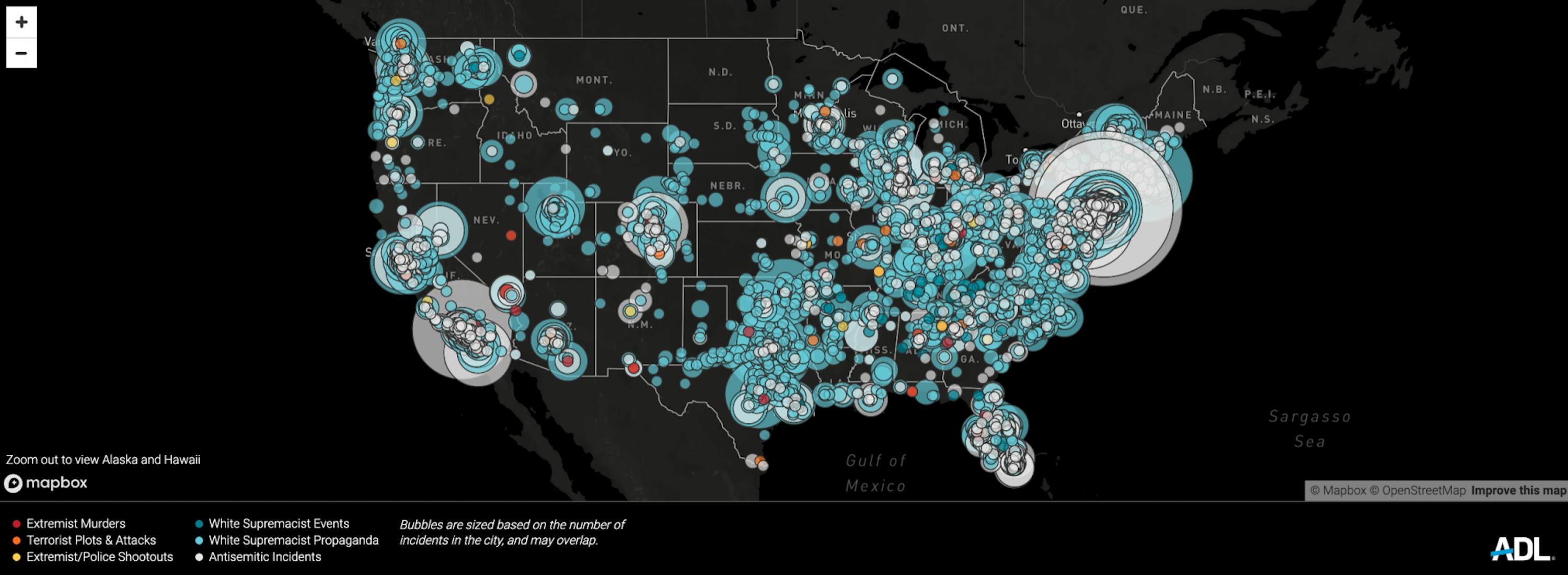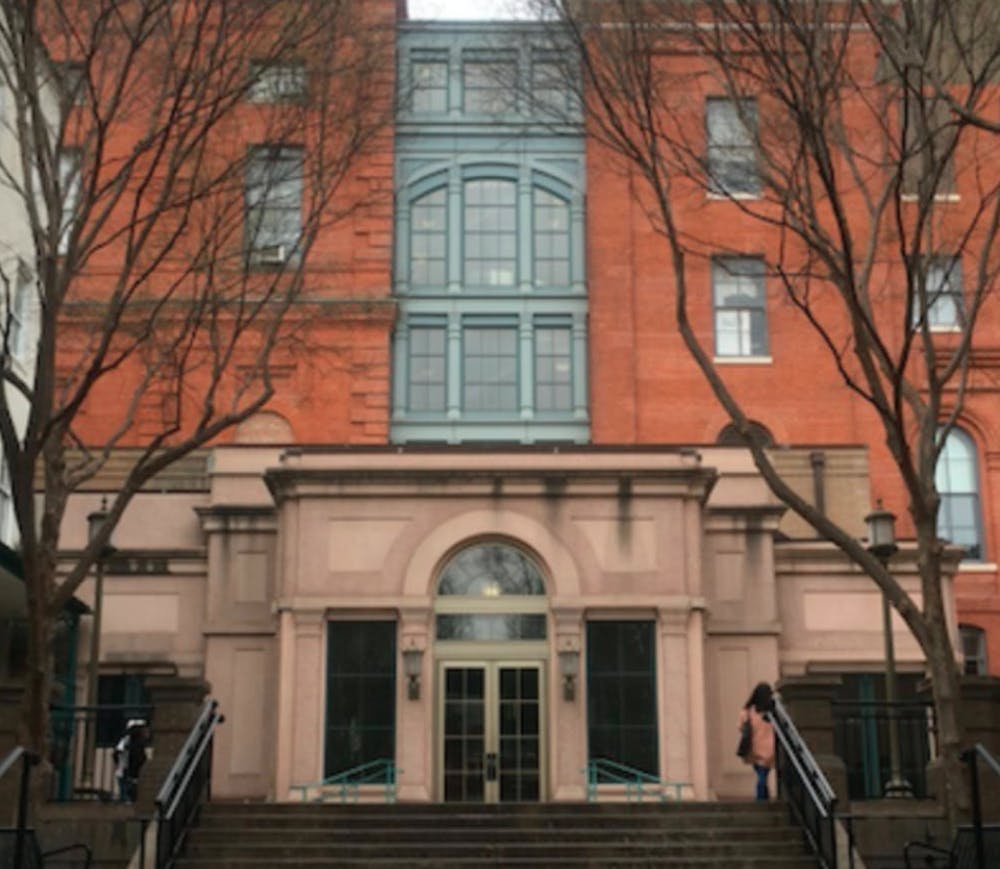The Jewish Students Association of Peabody (JSAP) held an event titled “Confronting Antisemitism: Holocaust Education” on March 10. At the event, Northwestern University senior Charlotte Masters spoke about being the granddaughter of a Holocaust survivor.
The event came in the wake of an antisemitic incident at the University in January. Shortly before Holocaust Remembrance Day, four swastikas were found etched into the walls of a dormitory elevator at the Peabody Institute. The hate crime remains under investigation.
In an email to The News-Letter, JSAP Co-Presidents Eliana Krasner and Ilana Inselbuch and Vice President Philip Barsky addressed the history of the swastika.
“From a symbol of divinity in Hinduism, to a symbol of pride and ethnic cleansing for the Nazi Party, to a symbol of hate in the East tower elevator at Peabody, the swastika carries a lot of history and is more than plain vandalism,” they wrote.
During the event, Masters emphasized that white supremacists still use the swastika as a hate symbol today.
“It represents racial purification and since World War II has remained a symbol of hatred and violence,” she said.
Masters detailed how British humanitarian Nicholas Winton rescued her grandmother as part of the Kindertransport, an effort to rescue nearly 10,000 predominantly Jewish children from Nazi-occupied territories. Winton saved a total of 669 children from Czechoslovakia.
Elizabeth Chaillé, a junior at Peabody, appreciated Master’s in-depth presentation.
“Not only did the speaker mention what took place on campus,” she said, “but she provided backstories and the history that helped understand the true deeper meaning of the symbol.”
Freshman Brian Zimmerman described the event as very moving, noting during the event that that the Peabody vandalism was not the first time he has experienced antisemitism.
“I grew up in Atlanta, Georgia, and I used to see people with motorcycle helmets with swastikas on them,” he said.
However, Zimmerman was surprised that an antisemitic incident occurred in Baltimore, where he expected the political climate to be more welcoming.
Masters showed the Anti-Defamation League’s map of the U.S. with points representing the 11,026 filed reports of antisemitic or extremist crimes in 2019 and 2020. This map shows that antisemitic events occur nationwide, regardless of political leanings.

ANTI-DEFAMATION LEAGUE/CC BY-NC-ND 4.0
In 2019 and 2020, 11,030 incidents of antisemitism and extremism occurred nationwide.
According to JSAP board members, the goal of hosting the event was to cultivate community on campus.
“We are hoping to fight against institutional silencing by offering a space to discuss antisemitism and educate our peers on individual narratives,” they wrote. “We also hope to create a safe space for a conversation about the prevalence of antisemitism on campus.”
Masters also noted the importance of preserving the stories of Holocaust survivors as a method of educating future generations.
In an interview with The News-Letter, Zimmerman argued more work still needs to be done to address antisemitism at Hopkins, suggesting that students take a course on how to recognize and combat antisemitism during orientation.
The JSAP board members agreed with Zimmerman.
“Reporting incidents of antisemitism and drawing attention to them is extremely important because if these hate crimes are ignored, then they will continue and perpetrators will go unpunished,” they wrote. “To prevent history from repeating itself, it is our duty to reconstruct the collective memory of the Holocaust.”





